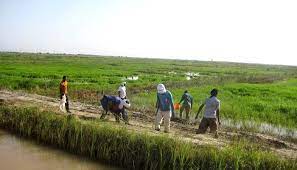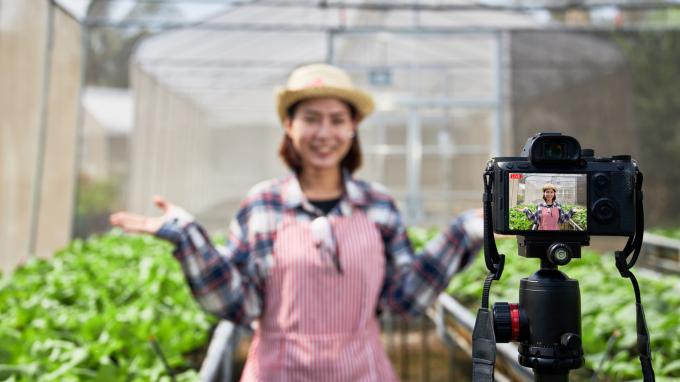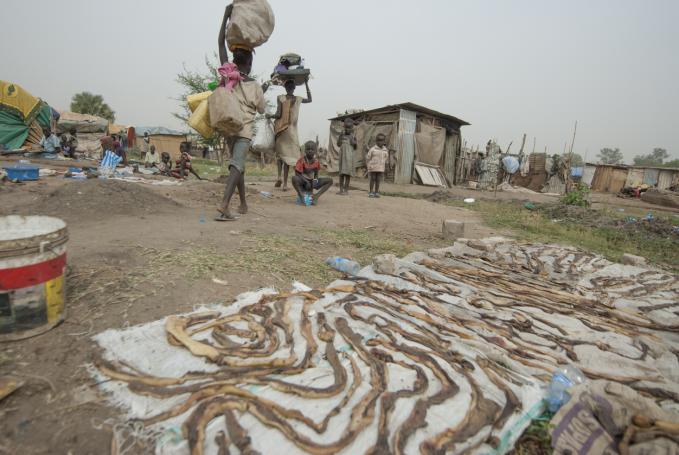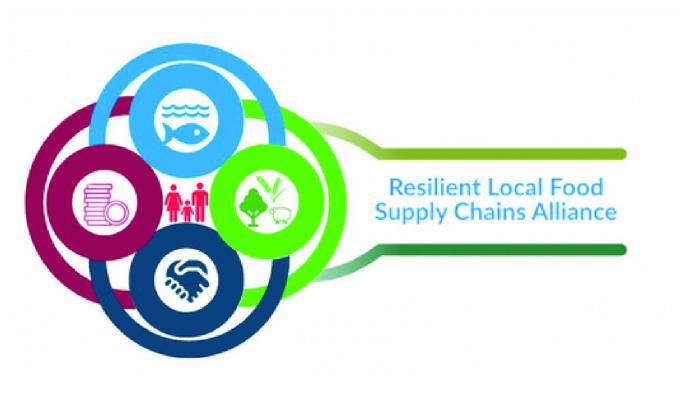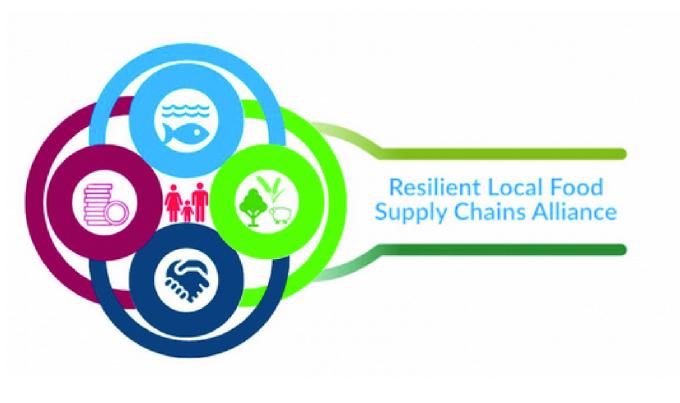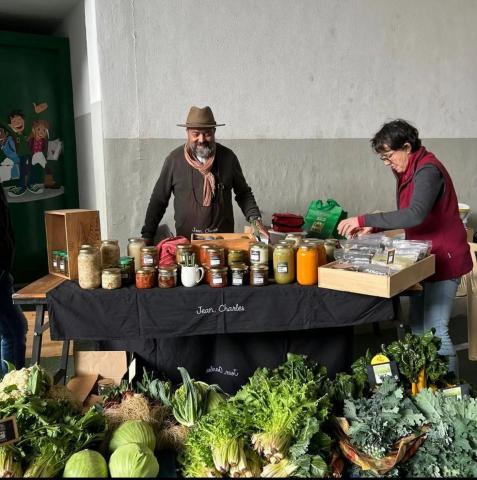GOOD PRACTICE
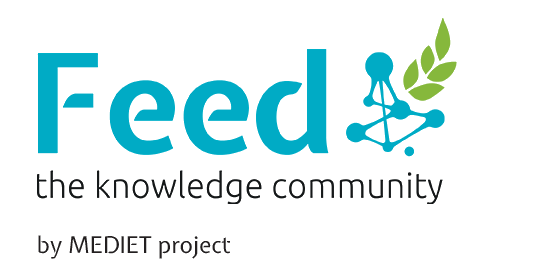
On the rugged cliffs of Agadir's north coast, nearly 500 resilient fisherwomen from the Tigri Femmes Cooperative brave challenging conditions to harvest mussels, sea urchins, and shellfish. Recognising the need for sustainable livelihoods, Tigri Femmes embarked on a transformative journey to diversify their offerings, leading to the innovation of Wakkad Dried Mussels. Methodologically, this practice involves meticulous harvesting, shell-opening, and sun-drying processes, to ensure quality while maximising the use of resources. Once dried, the mussels are meticulously packaged and distributed by local children along the national road, connecting Agadir to Essaouira. Through collaboration with mussel farmers and support from ANDA and the Souss Massa region, plans are underway to establish a processing unit for value-added products, paving the way for improved hygiene standards and expanded market reach. The innovation lies in the integration of modern drying machines and vacuum packaging, enhancing feasibility, replicability, and product quality. Wakkad Dried Mussels have not only become a staple in southern Moroccan markets but have also reached mountainous regions far from the coast, enriching diets and sustaining livelihoods. The practice exemplifies the transformative power of sustainable entrepreneurship and celebrates the resilience and ingenuity of the Tigri Femmes Cooperative in shaping a brighter future for coastal communities in Morocco.
You must be registered to see all the content
Nearly 500 women fishers operate on foot along the rocky cliffs in the north of Agadir. They collect mussels, sea urchins, other shellfish, and gastropods. The most active cooperative is Tigri Femmes, which is currently planning to diversify to algae and seaweed products. These women work very hard in extremely difficult conditions, only 4 or 5 days a month during full moons. After harvesting, the mussels are arranged in circles and burned to open the shells. The meat is then extracted and dried under the sun. Once they return home, it is packaged in 500g and 250g bags. The products are sold by children on the national road between Agadir and Essaouira.
The women are part of three cooperatives. The mussel farmers in the region are forming an association to construct a processing unit for value-added products. The ANDA (National Agency of Aquaculture Development) and the Souss Massa region are providing funding for a 5-hectare industrial zone in Tiguert, near the working areas of the cooperatives, which is specialised in mussel processing.
Factories must operate in hygienic and up-to-standard manners for this practice to be sustainable. This product, along with dried mackerel, is well-known in southern Morocco, including the mountain areas far from the coast, and can be found in all souks in Morocco.
Using small drying machines and vacuum packing can enhance the feasibility and replicability of the practice, while also preserving the quality and extending the shelf life of the products.









